In recent years, Yoko Tawada has been one of the highly regarded Japanese writers abroad. This year, along with Tan Tuyet (China), she was expected to be the female writer who brought the Nobel Prize in Literature to Asia (before the result belonged to Han Kang - a female writer from Korea). She has lived in Germany for many years and writes in two languages. Throughout her literary career, she has received many important awards such as the US National Book Award for her translation of Hien Dang Su, the prestigious Goethe Medal of Germany, and the famous Akutagawa Prize of Japan. She won this award in 1993 for her short story The Dog.
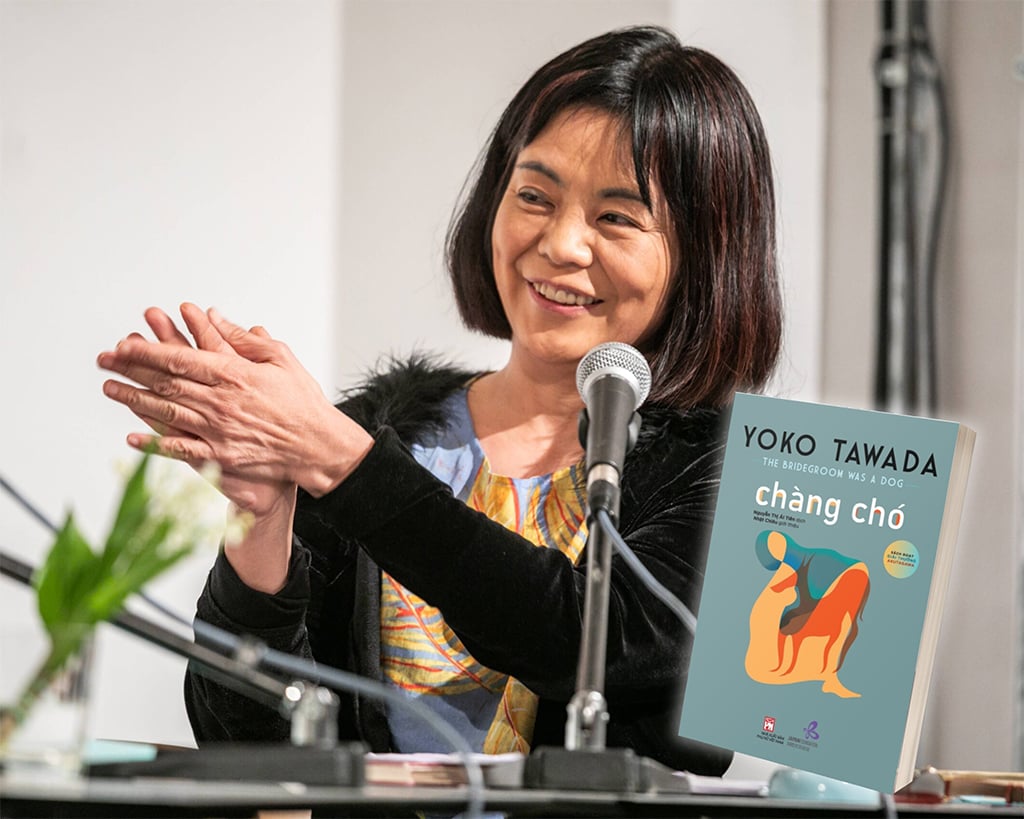
Through the sharing session, readers have the opportunity to get closer to the fascinating creative world of Yoko Tawada.
PHOTO: THE BERLINER - VN WOMEN'S PUBLISHING HOUSE
Sharing at the discussion, translator Nguyen Thi Ai Tien said that The Dog is an extremely special work by Yoko Tawada, when placing the old story of a black dog promised to marry a princess in modern Japanese society. Translator Ai Tien said that the work consists of 2 short stories that continue to show the female writer's "master" ability to play with words, along with breaking tradition when instead of writing short, concise sentences, like Japanese writing, Tawada experimented with developing long sentences (sometimes up to a whole page) but still extremely attractive.
For her part, Yoko Tawada said she wrote The Dog while living in Germany and reflecting on her return to her homeland when she found the Japan she had just left somewhat restrictive and closed. Dogs are passionate animals, so she drew on the above idea.
At the sharing session, the female author expressed her wish to visit Vietnam one day, because this is also a place that appears in many of her works, from the novel "Tan Mat" to the short story "Ban Nguyen" which is also in the book. Tawada said that like "Chang Cho", according to her research, Vietnamese folk tales have many motifs of people marrying animals, thereby conveying meaningful messages.
In addition to the above topics, the author also expands on the discussion of Japanese identity in literature today in light of the fact that she currently lives and works in Germany as well as discusses gender factors in writing...
Source: https://thanhnien.vn/buoc-vao-the-gioi-sang-tao-cua-yoko-tawada-185241124230011984.htm








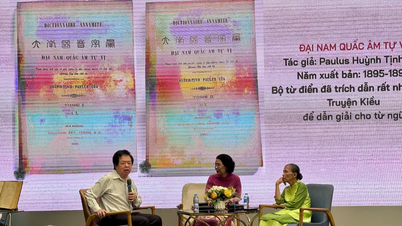

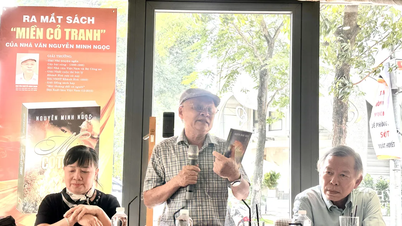
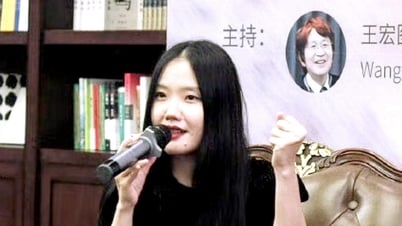



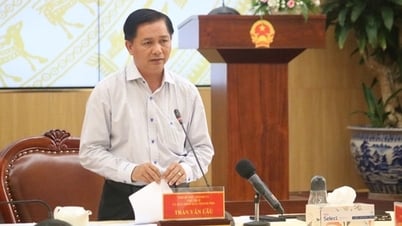
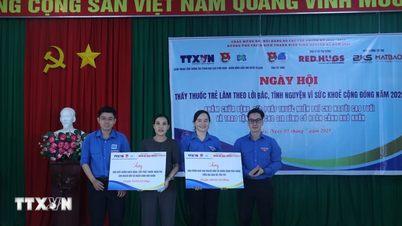










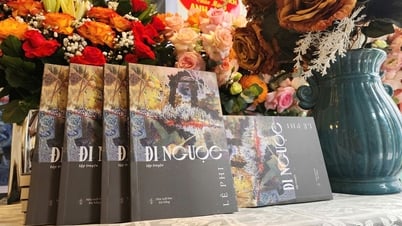









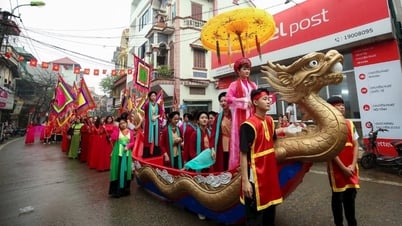



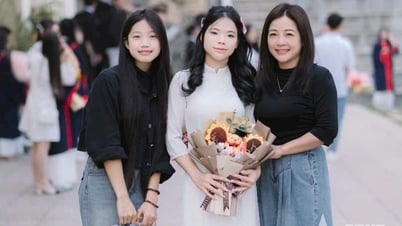





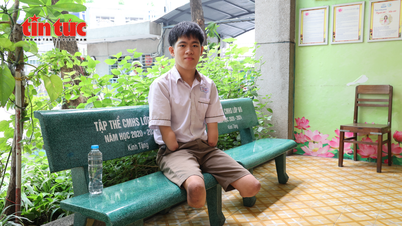







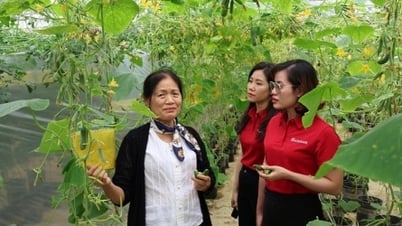


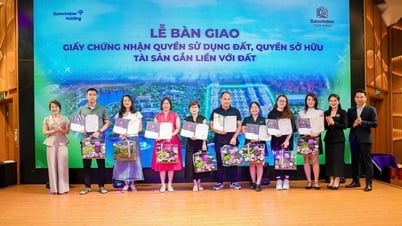









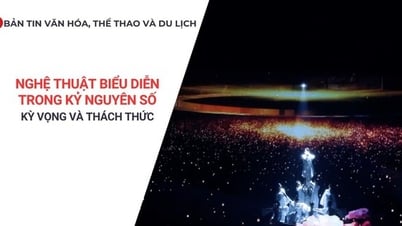

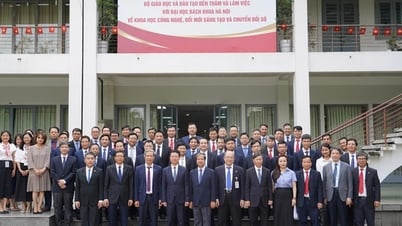



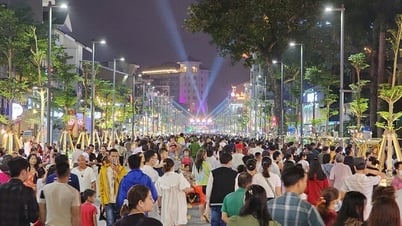

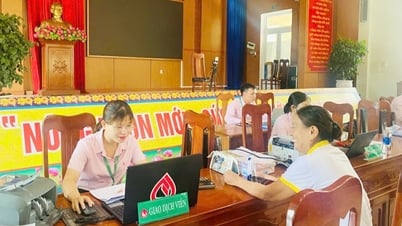





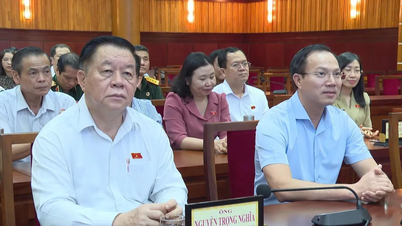
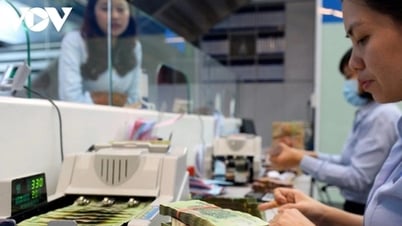



![[OCOP REVIEW] Bay Quyen sticky rice cake: A hometown specialty that has reached new heights thanks to its brand reputation](https://vphoto.vietnam.vn/thumb/402x226/vietnam/resource/IMAGE/2025/7/3/1a7e35c028bf46199ee1ec6b3ba0069e)


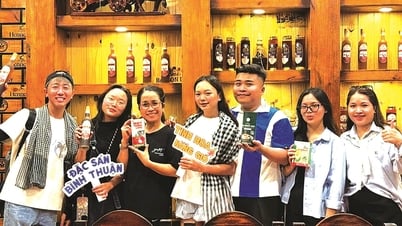




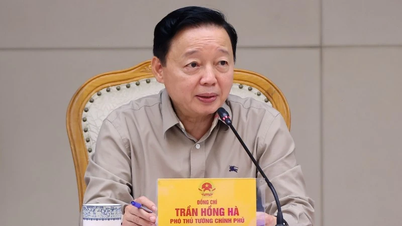



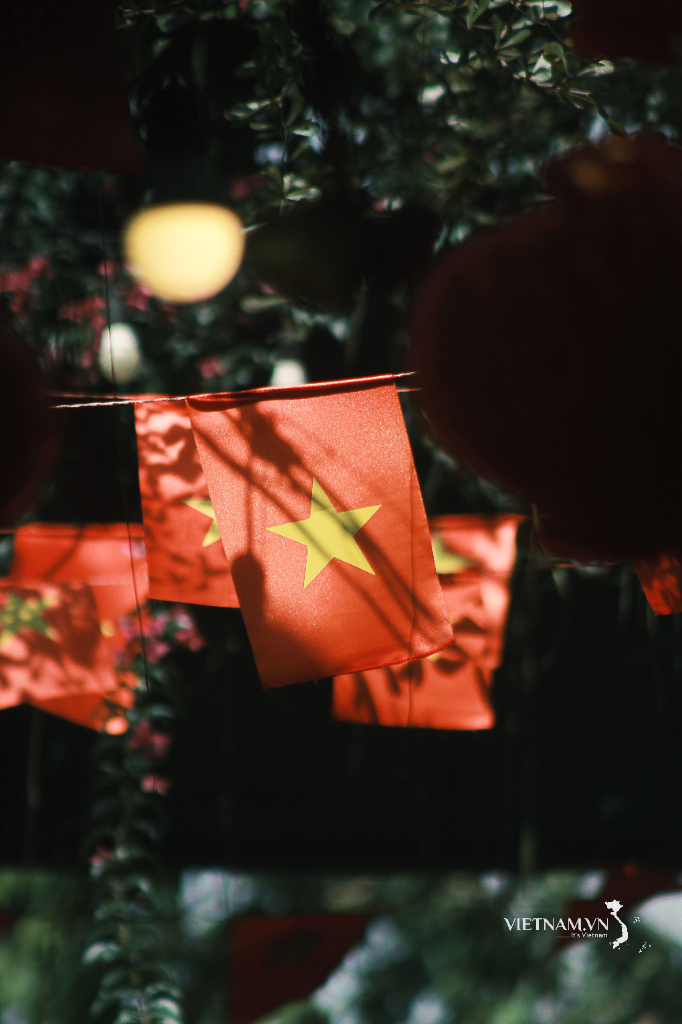

Comment (0)